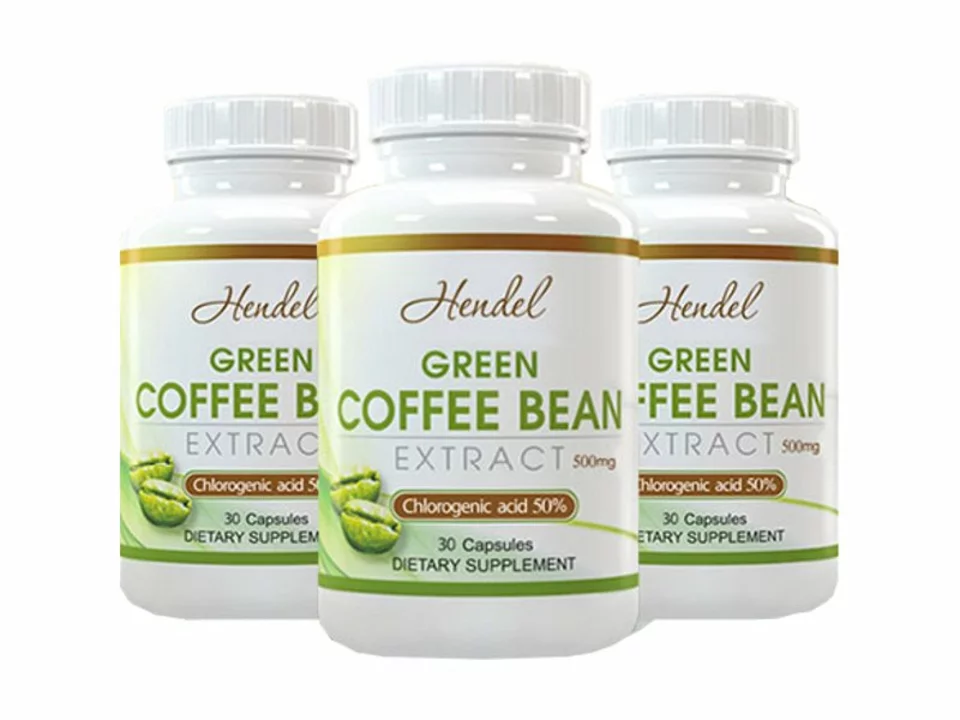Detox Made Simple: Safe Ways to Cleanse Your Body
If you’ve ever thought about hitting the reset button on your health, detox is probably the first word that comes to mind. But “detox” gets tossed around a lot, and not all of it is useful. Let’s cut through the hype and focus on what actually works without putting your body at risk.
What Does Detox Really Mean?
A true detox isn’t about extreme fasting or magic pills. It’s simply giving your liver, kidneys, and gut a break from overload so they can do their job better. Think of it as supportive care – drinking more water, eating cleaner foods, and avoiding substances that force your organs to work overtime.
Everyday Habits That Support Detox
Start with the basics: hydrate, move, and sleep. Aim for at least eight glasses of water a day; it helps flush waste and keeps cells happy. Light exercise like walking or yoga boosts circulation, which carries toxins to organs that can process them. And don’t underestimate sleep – your body does most of its cleaning while you’re asleep.
Next, look at what’s on your plate. Swap processed snacks for whole foods. Fresh fruits, veggies, and lean proteins give your liver the nutrients it needs to break down unwanted compounds. Adding a handful of nuts or seeds can provide healthy fats that support cell membranes during detox.
If you’re curious about natural supplements, a few have solid evidence behind them. Black seed oil (Nigella sativa) offers antioxidant benefits and may help balance inflammation. Chaga mushroom is another option; it’s rich in polyphenols that protect cells from oxidative stress. Just remember: supplements are additions, not replacements for food.
When you try a new supplement, start with the recommended dose and watch how your body reacts. For black seed oil, a typical daily amount is one to two teaspoons. Chaga can be taken as a powder in smoothies – about a teaspoon per day works for most people. If anything feels off, stop and check with a healthcare professional.
Avoid the “quick fix” detox teas that promise rapid weight loss or extreme cleansing. Many contain laxatives or diuretics that may cause dehydration or electrolyte imbalance. Instead, stick to gentle approaches that you can maintain long term.
It’s also wise to pause alcohol and limit caffeine while your body resets. Both put extra strain on the liver. If you do drink, choose water or herbal teas in between to keep hydration steady.
Finally, listen to your body. Mild symptoms like a headache or light fatigue can be normal as your system adjusts, but persistent nausea, dizziness, or severe cramps mean something’s off. In those cases, stop the detox routine and seek medical advice.
Detox doesn’t have to be a once‑a‑year event. Incorporating these small habits into daily life gives your organs steady support, making you feel clearer, more energetic, and ready for whatever comes next.

